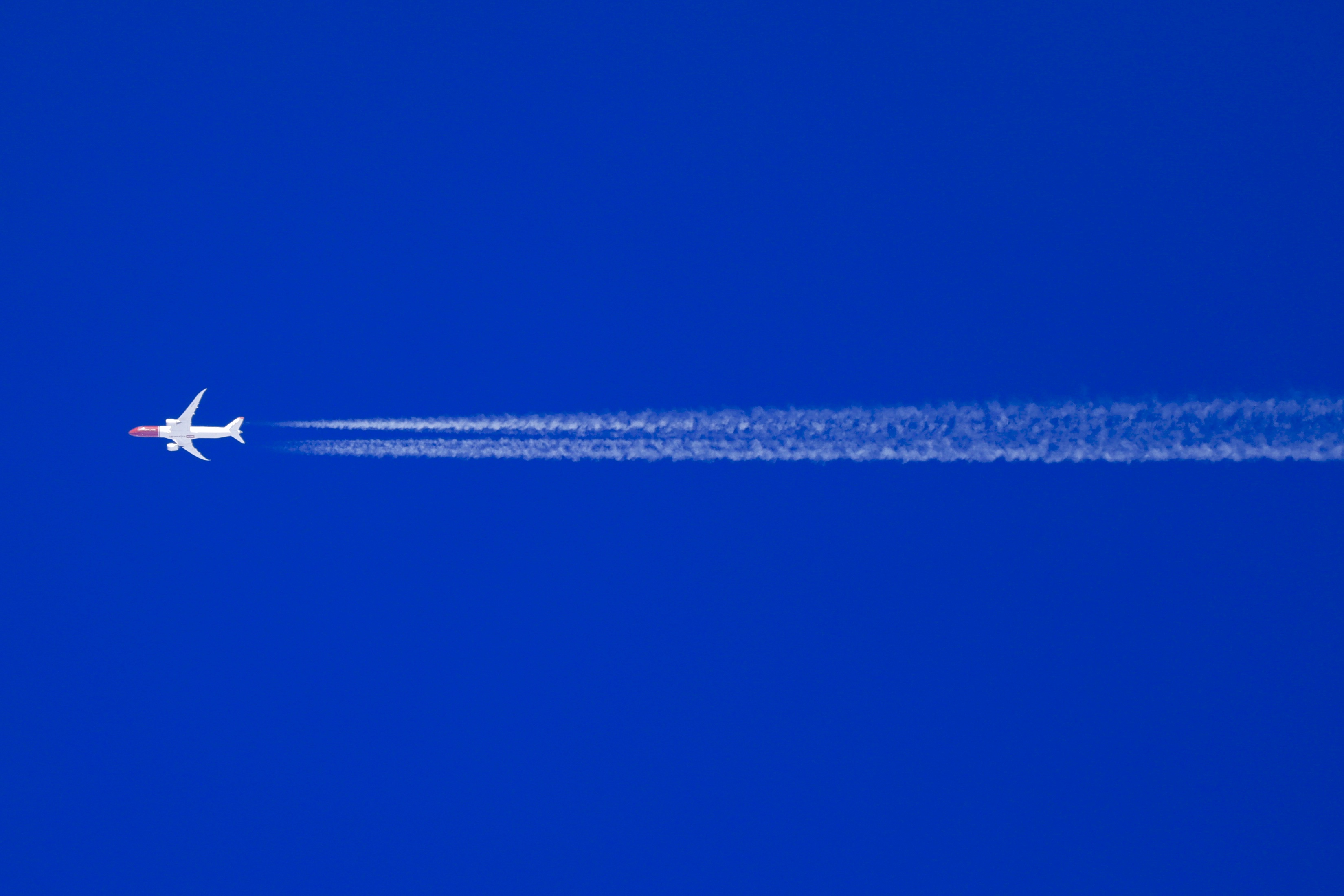Michael Halaby opinion piece in Airline Economics - Even in the race against climate change, commercial aviation can continue to be a force for good
I add a link ( https://www.linkedin.com/posts/michaelhalaby_even-in-the-race-against-climate-change-activity-6809114641717960704-ejLi ) where you are free to make comments on LinkedIn, if so inclined, and put the first few paragraphs of the article below.
Contact me for the entire article.
One of the Executive Orders President Biden signed on his inauguration day was to return the United States to the Paris Climate Agreement. The relationship between, and speed of, CO2 emissions and global temperature rises is indisputable by the majority of respected climate scientists.
Every sector that emits CO2 is subject to significant scrutiny. Some industries are relatively easier to abate; others much more difficult. Aviation is among the “transition” or “hard-to-abate” industries. These are businesses that cannot easily reduce emissions with current – or even near term – technology. While in theory (perhaps not in reality) a utility could switch out coal for wind or solar, there is no possibility for aviation to operate today on renewables alone. Even though aviation makes up ~2.4% of total CO2 emissions, making it one of the smaller emitters, it has become the poster child for global warming.
Commercial aviation is a force for good and extremely efficient. Average fuel burn of new aircraft fell 45% from 1968 to 2014, an annual decline of 1.3%. Automobiles, on the other hand, saw a decline of only of 1.03% from 1966 to 2017.
